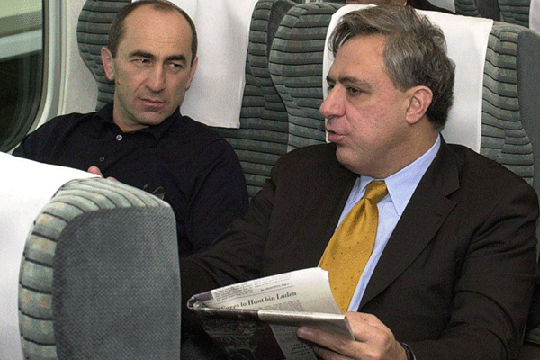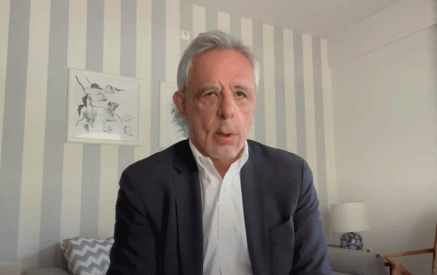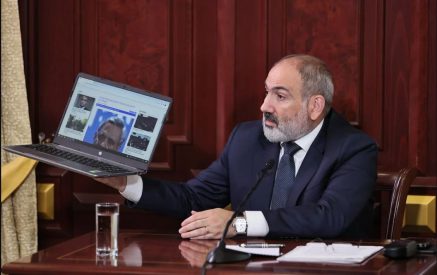he meaning of the “revanchist” concept and its political negative connotation is clear, I reckon – if you have lost, stay in your own lane, do not provoke another fight, a revanche, because you will lose again anyway. I have been familiar with that word since I was a child – during the 1960s the soviet propagandists would call certain western german political figures “Bonny Revanchists”, especially christian socialists and christian democrats suspected of having intentions to start a new war against the USSR. It went on until the start of 1970s, when social-democrat Willy Brandt was able to persuade the “soviets”, that the Federal Republic of Germany does not have any plans of gaining revanche militarily. But the fact that 20 years later Germans were able to solve their issues needs to be taken into account. It is hard for me to call it a “revanche”, however that lesson was instructive for us, I reckon.
In Armenia, the word “revanchist” can be heard quite frequently as well. After the power change in 1998 Kocharyan supporters would put that label on previous authorities, particularly the Armenian Allnational Movement party’s authority, accusing them of stealing, corruption, causing the “dark and cold times” and wanting authority again. Any citizen, who dared to charge Kocharyan with anything, would be accused of “revanchism”. Such propagandists even tried to blame “October the 27th” on those “revanchists”. As we know, the best method of defense is attack.
Nowadays, the word “revanchist” is heard too, from two sources particularly. The propaganda of the Armenian government puts that label on those who were removed from power in 2018. The arguments are the same as the Kocharyan supporters’, plus the “blame of the previous authorities” for the defeat in 2020. In politics, it is more important to say something masses will believe, instead of the truth.
The Azerbaijani authorities put the name “revanchist” on those Armenian political figures, who they think are going to start a new war, although no one expresses such intentions. And last week Azerbaijan started using that label meaning the possible appontment of Vardan Oskanyan as the Minister of Foreign Affairs of Artsakh. According to their twisted logic, it means that “revanchists” want to come to power in Artsakh. Mr. Oskanyan himself, neither denying nor confirming the news of his appoitment, wrote that by saying that, Baku probably meant that the former Minister of Foreign affairs of Armenia supports the principle of self-determination of the people of Artsakh. A principle that the Armenian authorities have been preferring to be silent about for the past 2 years. But the right of self-determination has nothing to do with “revanchism”.
Read also
Concerning the election of Vardan Oskanyan, despite political preferences, and if it were to happen, I think that would be a good move. It could make the government of Artsakh more valid, and consequently Artsakh could become a subject of international law.
Aram ABRAHAMYAN
























































